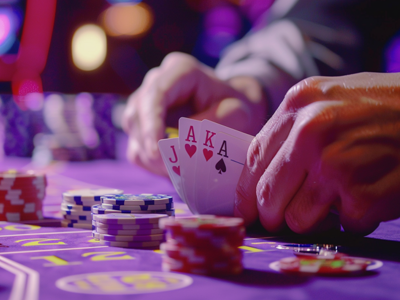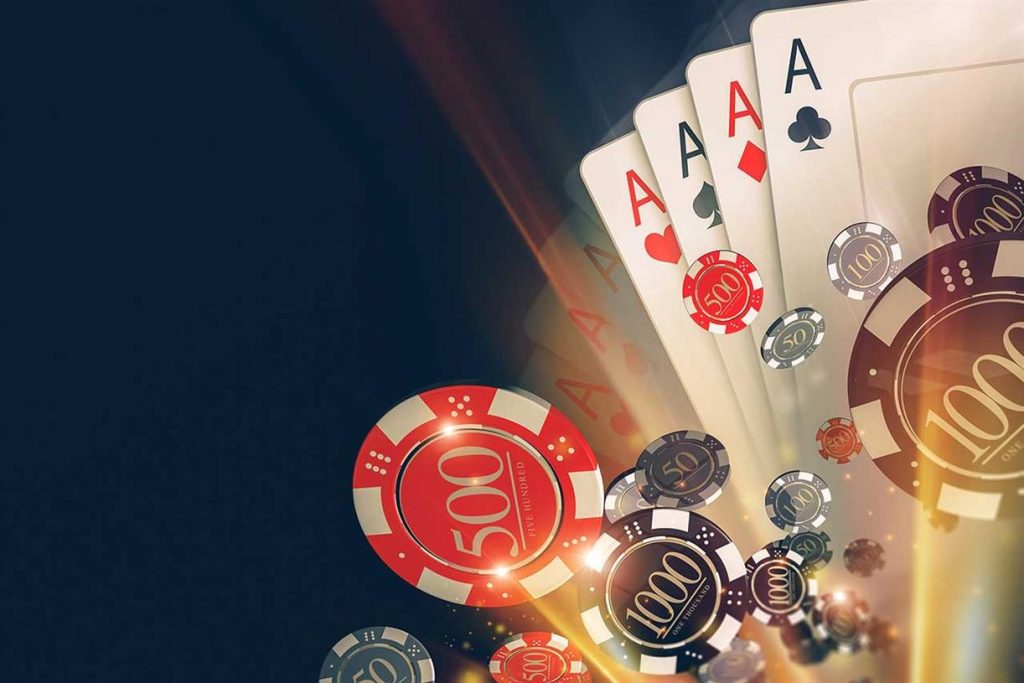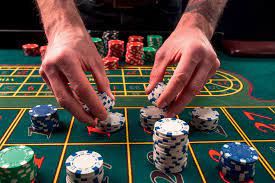Many players use superstitions as a means of channeling luck into their casino gaming sessions, from betting specific numbers or crossing their legs while playing. Unfortunately, such beliefs can lead to problematic gambling behavior, as evidenced by various studies.
One study determined that cognitive distortions related to Luck/Chance were associated with gambling problems at all three timepoints examined (baseline, 1-month and 6-months). People who believe they are fortunate tend to gamble larger sums.
Superstitions
Many people believe their superstitions have an advantageous effect on their gambling. Such beliefs and rituals help create the illusion of control while relieving anxiety; yet ultimately the outcome of any casino game depends heavily on luck and chance.
Gamblers tend to form superstitions as an attempt to increase control or certainty. Many avoid the number 13, as many consider it unlucky; others rub the foot of statues for good luck or throw salt over their shoulder to undo bad fortune.
Personality traits also play an integral part in whether or not someone is superstitious, with intelligent people generally less inclined towards such behaviors, while anxiety-inducing traits like worry can increase susceptibility.
Rituals
Gambling often relies on rituals and superstitions as a form of control in an otherwise random game. Rituals provide players with an added measure of assurance when participating in such betting games as they provide players a sense of agency within a sport often determined by chance alone.
Blowing on dice to imbue them with luck or switching seats after an unsuccessful game are subtle gestures and actions designed to induce the belief that luck of the draw can be changed, tapping into the placebo effect which claims that an individual’s beliefs influence outcomes.
Superstitions provide gamblers with a sense of comfort in an unpredictable game, providing psychological anchors to reduce anxiety and stress – and ultimately improve performance.
Confirmation Bias
Gambling can elicit powerful emotions, from excitement to anticipation to anxiety and disappointment. Superstitions and rituals give gamblers some sense of control in an activity largely dictated by chance, encouraging them to keep playing in hopes that one day, their gamble will pay off.
Intermittent reinforcement plays an integral part in the creation and upholding of superstitions. Watching others engage in certain behaviors – like wearing lucky charms or following certain routines – leads individuals to associate these actions with luck and success, creating a powerful association in their minds between such actions and success. They then continue engaging in them thinking they will continue producing the desired outcomes.
Recent evidence of confirmation bias’ adaptive properties indicates its utility in certain contexts, such as social cognition training or encouraging group norm adherence. Yet there remain some reservations about this explanation for its role.
Illusion of Control
Your mindset plays an enormous role in how you perceive luck. An optimistic will view an unexpected encounter as serendipitous while pessimists may view it as bad luck – both outlooks may lead to superstitions such as crossing fingers when gambling or visiting casinos during less crowded hours in hopes that more slot machines pay out frequently.
Illusion of control refers to the belief that one can exert influence over random events, such as the outcome of a poker game. People who believe in luck are particularly susceptible to this delusion as they often think their actions will alter game odds – this leads them to make irrational decisions like betting large sums on games of chance without much thought for consequences.
Psychological Comfort
Though gambling and luck might appear inexplicable, their interaction is actually an incredible journey of psychological comfort and control in an unpredictable world of chance. Superstitions, rituals, and believing in lucky charms provide gamblers with psychological support in an unpredictable universe of chance.
Gambling’s social component further reinforces superstitions. When individuals observe others engaging in superstitious behaviors that result in positive results, they may adopt similar ones themselves in hopes that this will increase their own odds of success. This observational learning technique known as social proof helps reinforce superstitions within gambling culture.
Upward counterfactual thinking may also play a part in superstitions, when gambling enthusiasts believe a previous win was “due,” leading them to place higher bets than would otherwise be placed.





